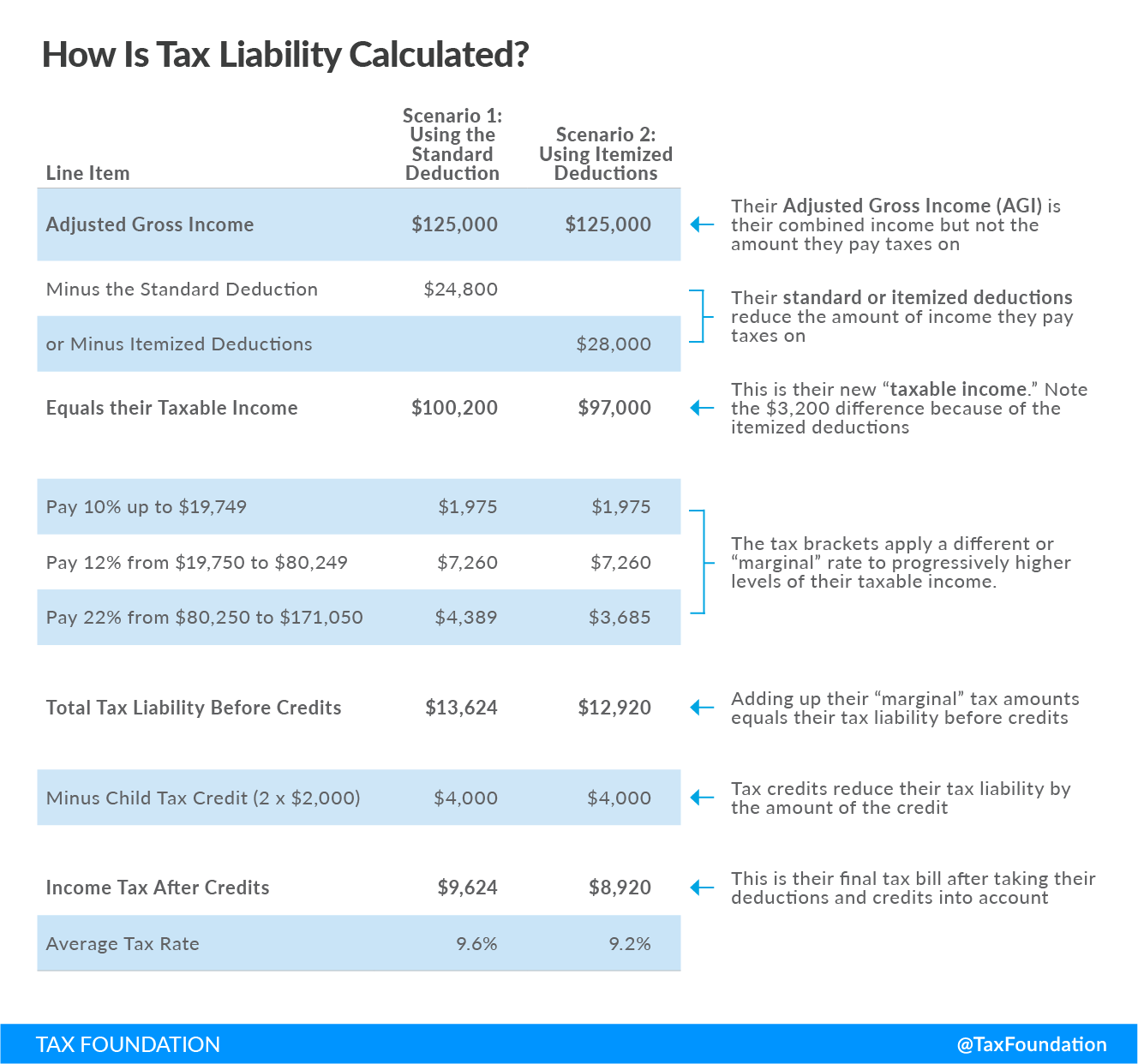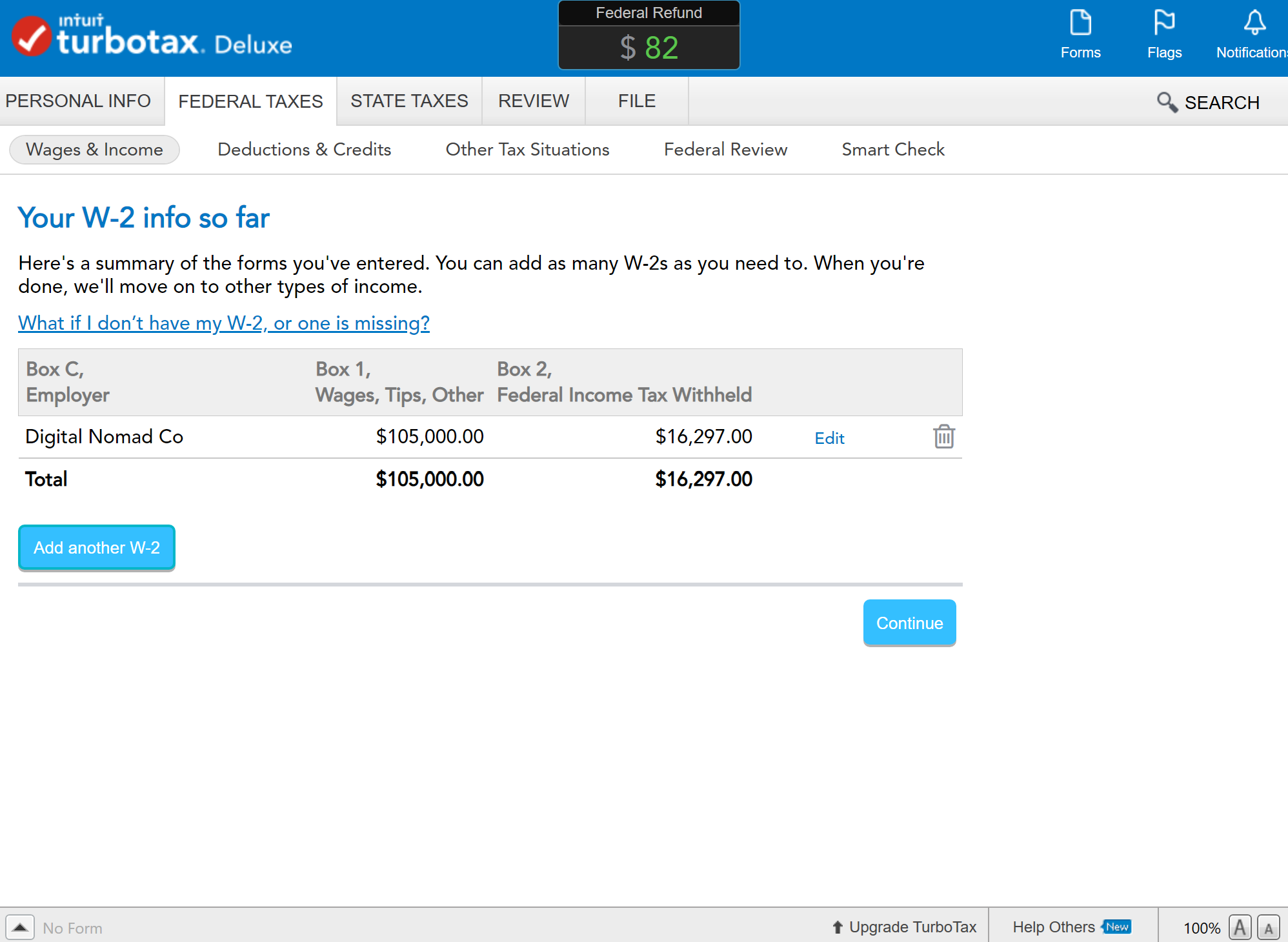Breaking down how the FEIE Standard Deduction interacts with foreign-earned income
Recognizing the Foreign Earned Income Exclusion and Its Impact on Your Common Deduction
The Foreign Earned Earnings Exemption (FEIE) uses substantial advantages for migrants, allowing them to omit a section of their foreign-earned earnings from united state taxes. Nevertheless, claiming the FEIE can make complex one's tax scenario, specifically regarding the conventional reduction. Comprehending this interaction is important for individuals living abroad. As migrants navigate these intricacies, they have to think about how their selections impact their overall tax obligation liability. What strategies can they utilize to enhance their financial end results?
What Is the Foreign Earned Revenue Exemption (FEIE)?
The Foreign Earned Revenue Exemption (FEIE) works as an essential tax obligation advantage for U.S. citizens and resident aliens working abroad. This arrangement allows eligible individuals to leave out a considerable part of their foreign-earned earnings from united state taxes, properly minimizing their overall tax concern. The FEIE intends to relieve the economic pressure on migrants and urges Americans to go after job opportunity in international markets. The exclusion puts on wages, incomes, and expert fees gained while staying in a foreign country. The optimal exclusion quantity is changed each year for rising cost of living, making sure that it stays appropriate to present economic problems. By utilizing the FEIE, expatriates can retain more of their earnings, fostering economic stability while living overseas. In general, the FEIE plays a crucial function in forming the financial landscape for Americans abroad, facilitating a smoother change to global workplace and promoting financial interaction on a worldwide scale.
Eligibility Demands for the FEIE
Qualification for the Foreign Earned Earnings Exclusion (FEIE) rests upon conference particular criteria established by the Irs (IRS) Mostly, individuals need to be united state people or resident aliens who gain income while residing in an international nation. To qualify, they need to please a couple of main tests: the Physical Visibility Test or the Authentic House Test.
The Physical Visibility Examination calls for people to be physically existing in an international country for at the very least 330 complete days within a 12-month duration - FEIE Standard Deduction. Conversely, the Authentic Residence Test necessitates that people establish residency in an international country for an uninterrupted duration that consists of an entire tax year
Furthermore, the earnings has to be derived from personal services performed in the foreign nation. Satisfying these requirements enables taxpayers to exclude a considerable part of their foreign-earned revenue from U.S. taxation, thereby decreasing their general tax obligation obligation.
How to Assert the FEIE

To begin the procedure, people need to collect documents that validate their foreign revenues, such as pay stubs, tax obligation returns from foreign countries, and any type of relevant work agreements. It is essential to guarantee all earnings claimed under the FEIE is made from international sources and meets the called for thresholds.
Additionally, taxpayers must think about filing target dates and any possible extensions. Declaring the FEIE properly not only assists in lessening tax liability yet additionally guarantees conformity with IRS regulations. Correct documentation and adherence to standards are important for a successful case of the Foreign Earned Earnings Exemption.
The Interaction In Between FEIE and Standard Reduction
The communication between the Foreign Earned Earnings Exclusion (FEIE) and the standard deduction is a necessary aspect of tax preparation for migrants. Recognizing the standard concepts of FEIE, in addition to the limitations of the conventional deduction, can substantially influence tax declaring strategies. This area will certainly explore these components and their ramifications for taxpayers living abroad.
FEIE Fundamentals Described
While several migrants look for to decrease their tax problem, comprehending the interaction between the Foreign Earned Earnings Exemption (FEIE) and the standard deduction is essential. The FEIE permits U.S. residents and resident aliens living abroad to leave out a certain amount of international made income from united state taxes. This exclusion can substantially lower gross income, possibly impacting qualification for various other deductions, such as the common deduction. Incredibly, people who claim the FEIE can not likewise take the conventional deduction versus the omitted earnings. Therefore, expatriates should thoroughly assess their overall earnings and deductions to enhance their tax situation. Awareness of these communications can result in even more informed economic decisions and better tax obligation strategies for migrants steering with their unique situations.
Standard Deduction Limitations
Recognizing the restrictions of the common deduction in regard to the Foreign Earned Income Exemption (FEIE) is crucial for migrants navigating their tax obligation obligations. While the FEIE enables qualifying people to exclude a particular quantity of foreign-earned income from U.S. taxation, it can influence the common reduction they are eligible to insurance claim. Especially, taxpayers that claim the FEIE can not additionally declare the basic deduction on that particular excluded earnings. Additionally, if an expatriate's overall earnings drops listed below the standard deduction limit, they might not take advantage of it at all. This interaction demands careful preparation to optimize tax obligation benefits, as underutilizing the basic reduction can cause greater gross income and raised tax obligation responsibility. Comprehending these constraints is vital for reliable tax obligation strategy.
Tax Obligation Filing Implications
Maneuvering the my review here tax declaring effects of the Foreign Earned Earnings Exemption (FEIE) calls for careful consideration of just how it interacts with the typical deduction. Taxpayers making use of the FEIE can omit a considerable section of their foreign-earned income, but this exclusion influences their eligibility for the conventional deduction. Specifically, if an individual claims the FEIE, they can not additionally assert the conventional reduction for that earnings. This can result in a lower overall tax obligation liability however may complicate the filing procedure. Furthermore, taxpayers should ensure compliance with internal revenue service needs when filing Form 2555 for the FEIE. Recognizing these communications is essential for maximizing tax benefits while preventing prospective risks in the filing procedure. Careful preparation can make best use of advantages and decrease liabilities.
Potential Tax Obligation Effects of Utilizing the FEIE
The Foreign Earned Income Exemption (FEIE) provides significant tax obligation benefits for U.S. people functioning abroad, yet it likewise includes potential effects that necessitate careful factor to consider. One major consequence is the influence on qualification for sure tax credit scores and reductions. By electing to make use of the FEIE, taxpayers might unintentionally lower their adjusted gross earnings, which can limit access to credit reports like the Earned Revenue Tax Credit scores or decrease the quantity of standard reduction offered.
In addition, people who use the FEIE may encounter problems when returning to the united state tax obligation system, especially concerning the tax of future revenue. The exemption uses just to gained earnings, indicating various other earnings kinds, such as rewards or rate of interest, continue to be taxable. This difference requires precise record-keeping to guarantee conformity. The FEIE might influence state tax obligation obligations, as some states do not identify the exclusion and may strain all income earned by their locals, regardless of where it is earned.
Tips for Optimizing Your Tax Advantages While Abroad
While functioning abroad can be enriching, it additionally offers distinct opportunities to optimize tax advantages. To maximize these advantages, people ought to first identify their qualification for the Foreign Earned Income Exclusion (FEIE) and think about the physical presence examination or the bona fide house test. Maintaining detailed records of all revenue gained and expenses sustained while overseas is important. This documentation supports claims for credits and reductions.
Furthermore, recognizing the tax treaties in between the USA and the host country can assist stay clear of dual taxes. People should additionally check out payments to tax-advantaged accounts, such as IRAs, which might offer additional reductions.

Finally, speaking with a tax specialist focusing on expatriate tax obligation legislation can use customized strategies and guarantee conformity with both U.S. and international tax obligations. By taking these actions, migrants can effectively enhance their financial situation while living abroad.
Regularly Asked Concerns
Can I Make Use Of FEIE if I Help a Foreign Government?
Yes, a person can use the Foreign Earned Income Exemption (FEIE) while benefiting an international federal government, provided they fulfill the requisite conditions described by the internal revenue service, including the physical existence or authentic house examinations.

Does FEIE Put On Self-Employment Income?
The Foreign Earned Revenue Exemption (FEIE) does relate to self-employment income, offered the individual meets the needed demands. Eligible freelance people can leave out qualifying revenue gained while living in a foreign country from tax.
What if My Foreign Income Goes Beyond the FEIE Restriction?
The excess amount might be subject to United state taxation if international income goes beyond the FEIE limit. Taxpayers need to report and pay tax obligations on the revenue above the exemption limit while still profiting from the exclusion.
Can I Claim the FEIE and Detail Deductions?
Yes, people can declare the Foreign Earned Revenue Exclusion (FEIE) while additionally detailing reductions. Nevertheless, they need to know that claiming the FEIE might influence the accessibility of particular itemized deductions on their tax return.
Just How Does FEIE Impact My State Tax Obligation Commitments?
The Foreign Earned Earnings Exemption can reduce state tax obligation responsibilities, as numerous states adhere to government guidelines. Private state regulations vary, so it's crucial to speak with state tax laws for certain ramifications browse this site on tax duties.
pop over to this web-site The Foreign Earned Revenue Exemption (FEIE) uses considerable benefits for migrants, allowing them to leave out a portion of their foreign-earned income from U.S. taxes. While lots of expatriates look for to minimize their tax problem, recognizing the communication between the Foreign Earned Income Exclusion (FEIE) and the conventional reduction is necessary. Recognizing the constraints of the conventional deduction in connection to the Foreign Earned Revenue Exemption (FEIE) is necessary for expatriates navigating their tax obligation responsibilities. The exemption uses only to gained income, implying other revenue types, such as rewards or rate of interest, continue to be taxed. The Foreign Earned Earnings Exclusion (FEIE) does apply to self-employment revenue, offered the specific meets the essential demands.